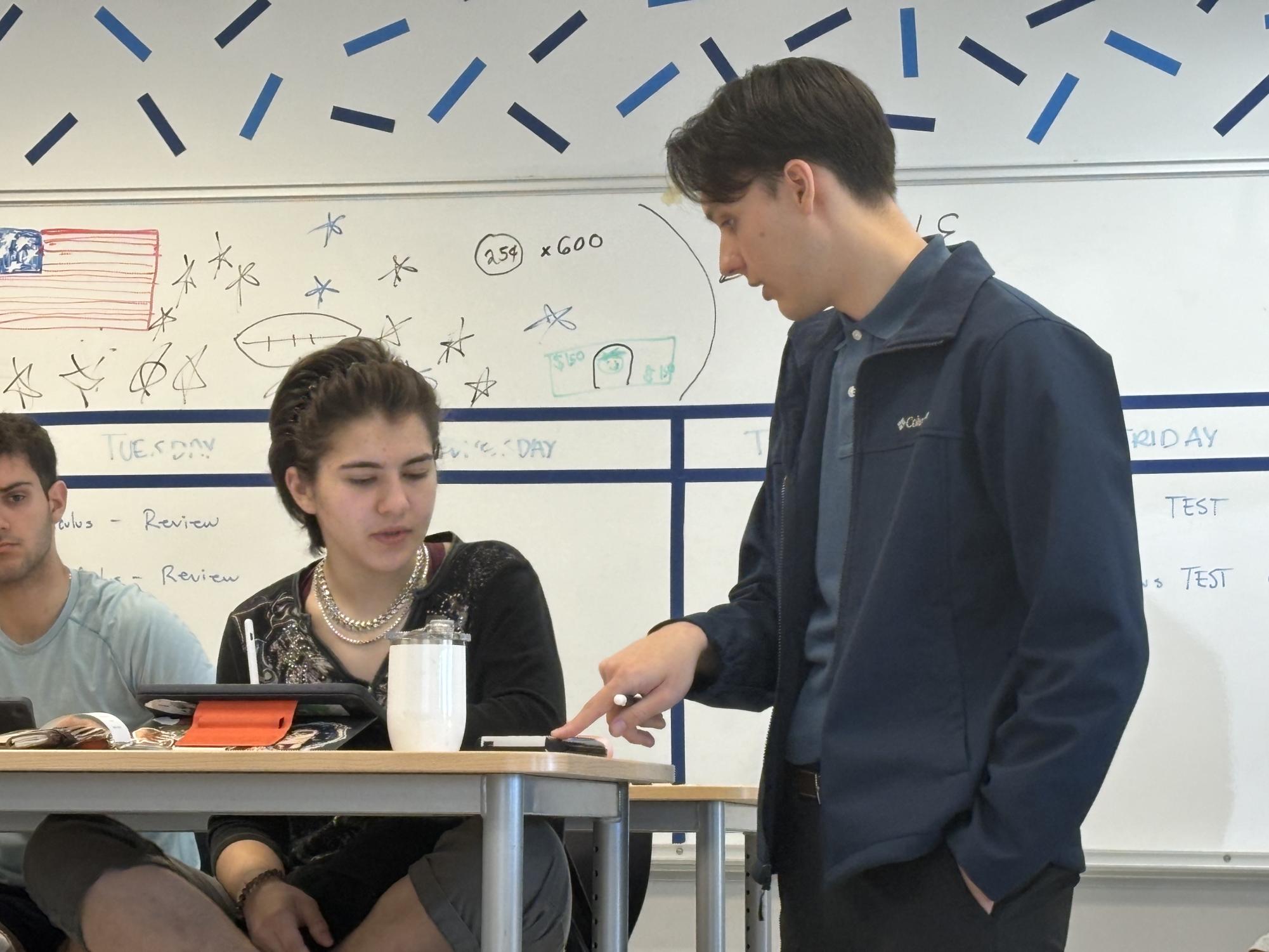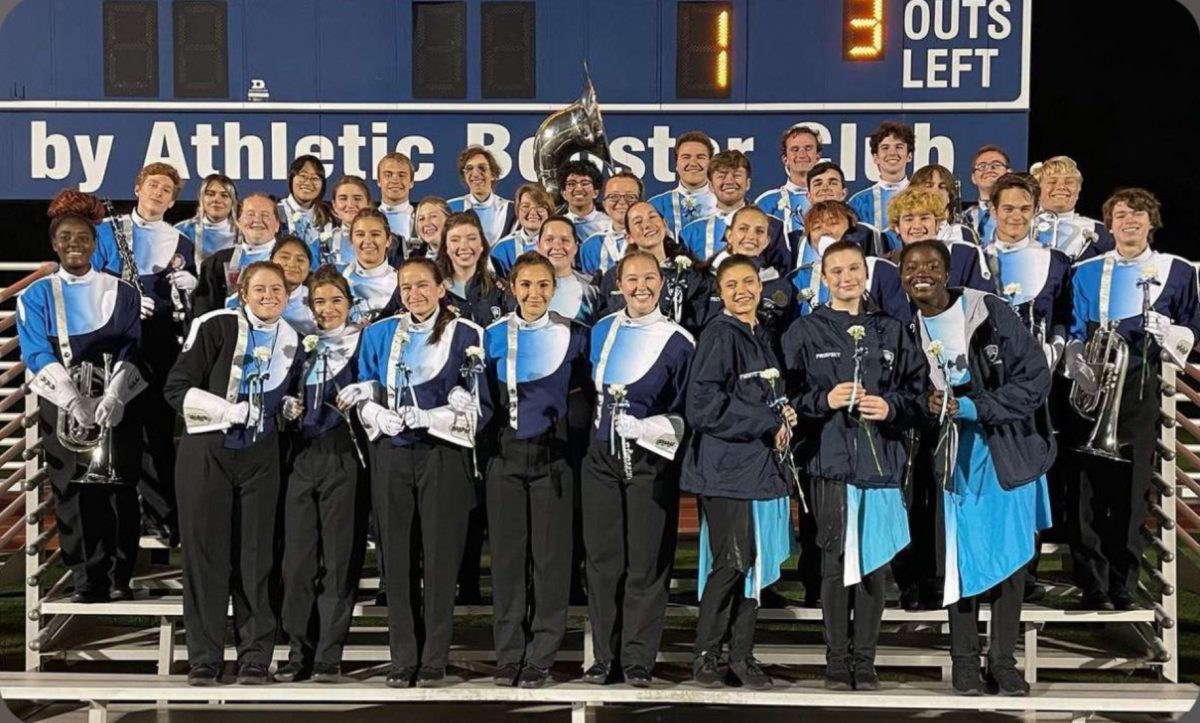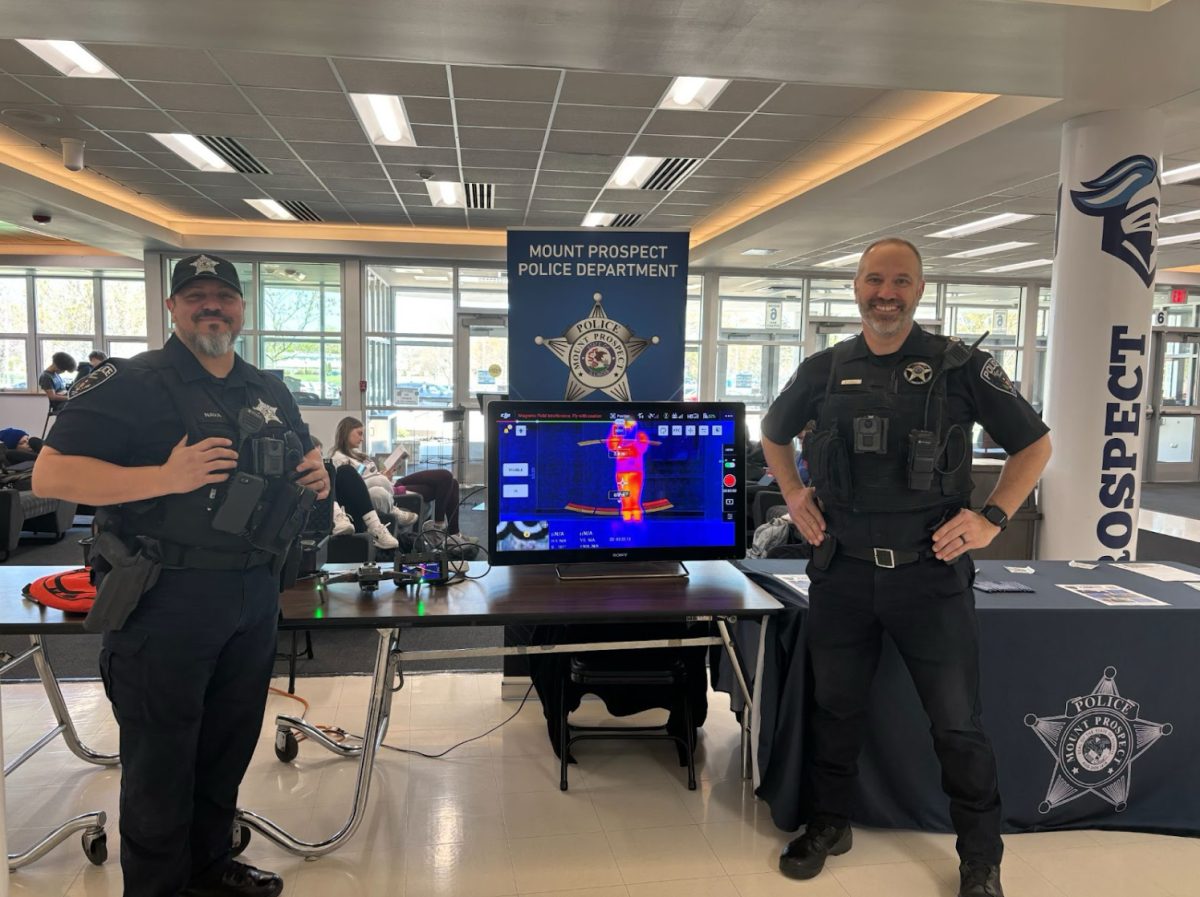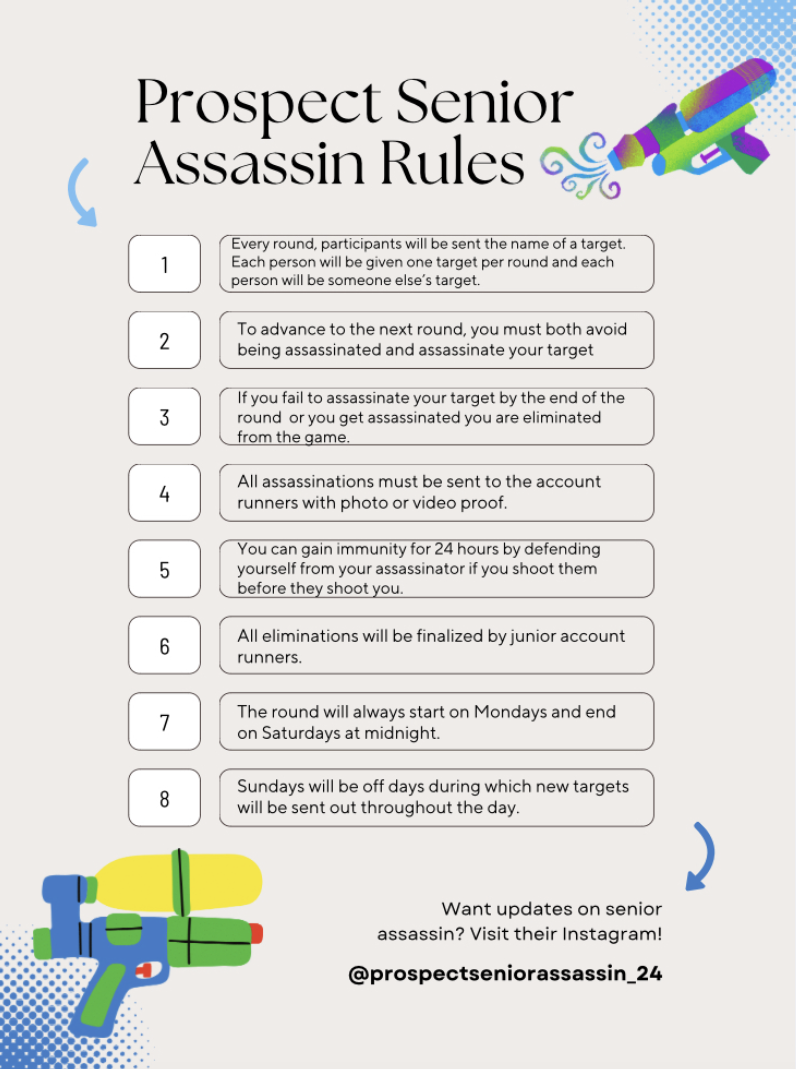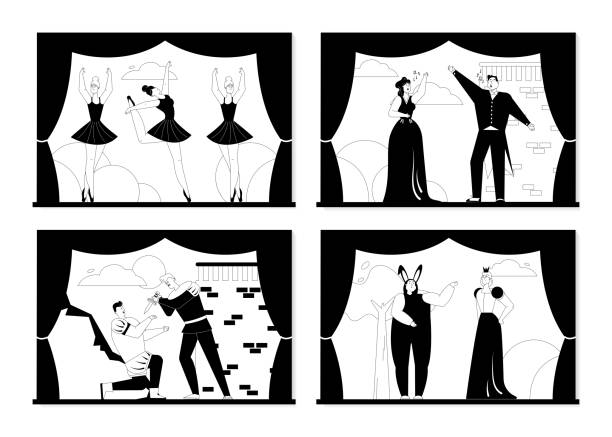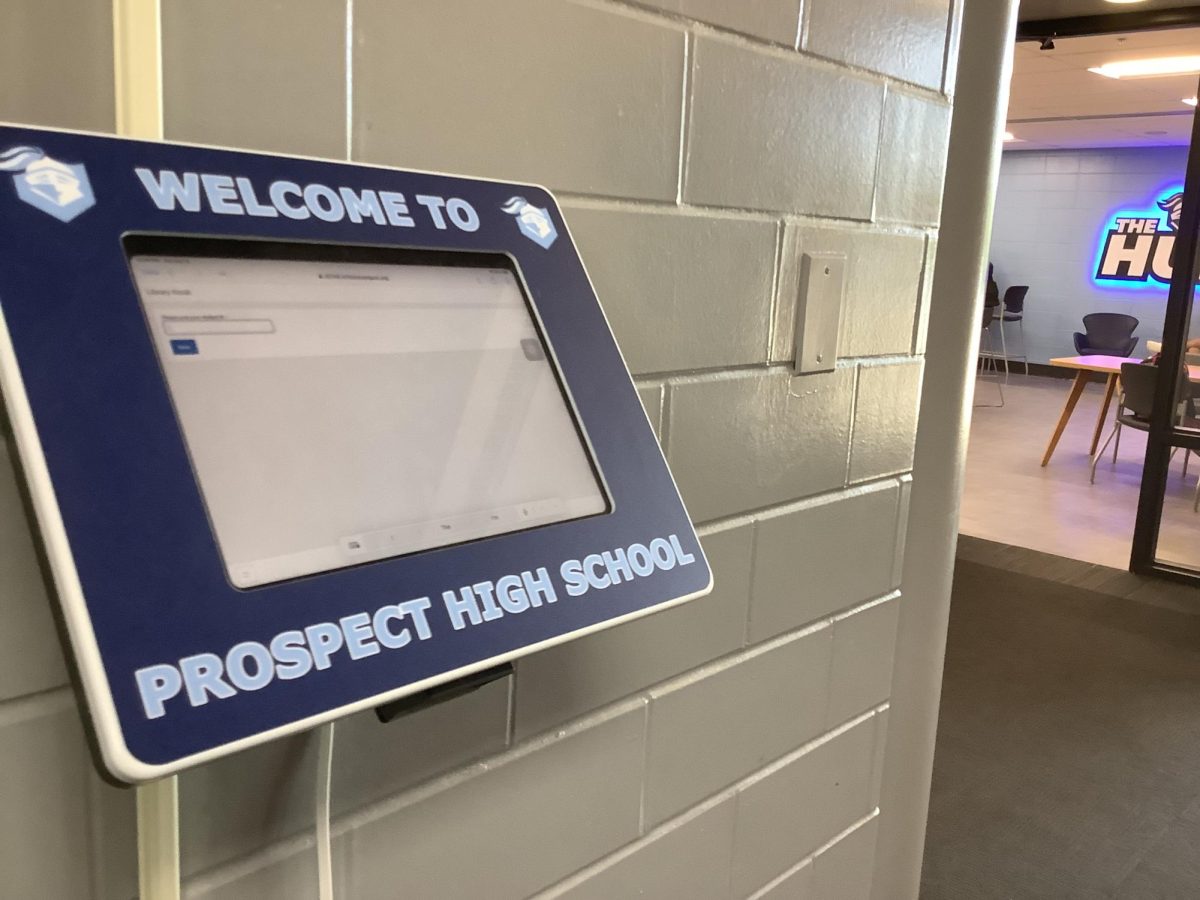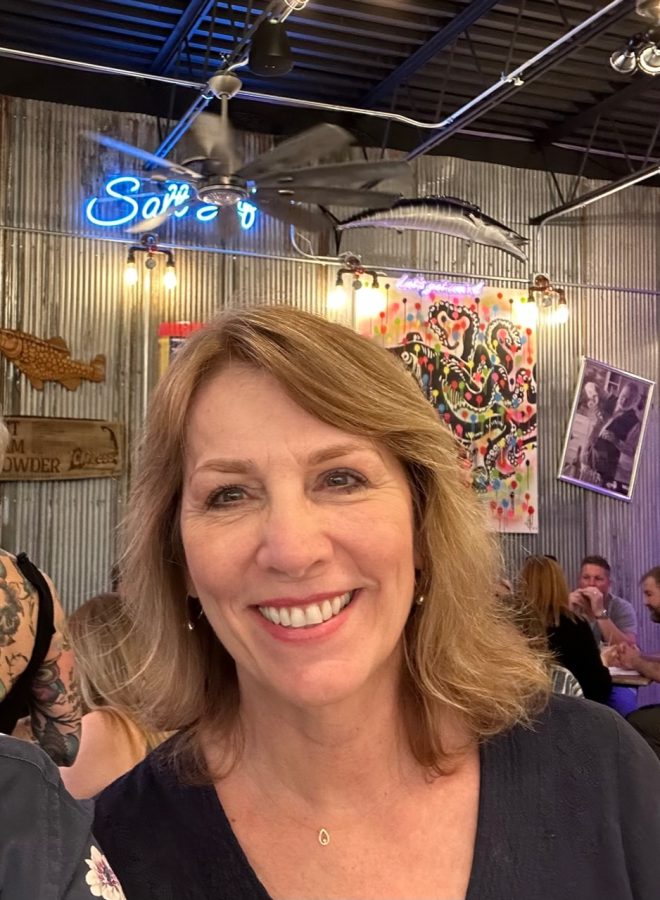“What is the tallest type of grass?”
That’s just one type of trivia question that math student teacher Kacper Zyra asks his class. Other than trivia, he plays games with the class like Wordle because it lightens the mood before their 80 minute block of math.
“I enjoy it,” Zyra said. “ … It always leads into conversations about what the students … are interested in.”
After graduating from Prospect in 2020, Zyra went to DePaul University with an undecided major. Eventually, he landed on teaching and completed his undergraduate degree in three years. During those years, Zyra simultaneously worked on getting his master’s degree in math education. Now, he is almost done with his year-long graduate program and his master’s program at Purdue University.
Currently, he is one of six student teachers at Prospect. Zyra teaches two different math classes in four total blocks: Honors Algebra II and Precalculus. He works with math teachers Pete Wintermute and Dominique Hernandez in their classes.
According to Zyra, he signed up to teach in District 214 and got placed at Prospect randomly. the high school he went to.
According to Lori Abbott, the Professional Learning Specialist/CTEP Coordinator at the district office, it is rare for teachers to be placed at the high school they graduated from. He even got a job offer in March as a math and business teacher at Prospect for after he finishes college.
Before being a student teacher, last year he was an Instructional Assistant (IA) at Prospect. By being an IA, he realized how much teaching impacts students, which affirmed his decision to become a teacher.
When Zyra was an IA, he worked closely with students and learned a lot about them. He was also able to run a few lessons, which gave him early exposure to student teaching.
Although he wasn’t sure what he wanted to do in college, teaching had always been in the back of Zyra’s mind, and being an IA helped him. He also got into teaching because of the teachers he helped out when he was an IA. They influenced him to take action and start teaching.
After deciding to teach, his next decision became a matter of picking a subject. That decision was finally made, though, after an instructor said something simple yet effective to him during a teaching workshop:
“Just choose a subject that you like,” the instructor told him.
After hearing that, Zyra knew that he wanted to teach math. Ever since he was a kid, he would help his friends with their math homework. To him, teaching math felt rewarding because he was helping other people.
According to Zyra, math can help people with many things, like critical thinking skills and job paths like finance, because math is incorporated into almost everything. That’s why he tries to make his lessons relevant to real world situations whenever possible — something he considers as a strength for him.
On the other hand, one thing Zyra is working on right now is finding his “teaching groove” and sticking to it.
A “teaching groove,” according to Zyra, is a style of teaching that varies based on each individual student’s needs. For the most part, Zyra said he feels like he’s figured out his groove.
Junior Alexis Gountanis is in one of Zyra’s Honors Algebra II classes and thinks he does a really good job at breaking concepts down and explaining them in easily understandable ways. Gountanis also enjoys seeing how close her student teacher and real teacher are.
After teaching a class, Zyra usually gets immediate feedback from the main teachers during passing periods. He said he gets a lot of support from them, and their relationships are strong. After his time being an IA, he was really close to English teacher Caitlin Haines, math teacher Matthew Evert, English teacher Marie Gorack and English teacher Caroline Mueller.
“It’s a supportive type of relationship because they are here to help you out,” Zyra said. “They have been student teachers before too, so they know what I’m going through.”
Most of the daily duties Zyra must complete include handling the same tasks that main teachers do. For example, he grades tests, creates lesson plans and makes answer keys.
One of the biggest struggles Zyra has faced is connecting with students since he is only at Prospect for about 16 weeks. The end of January and early February were the hardest for Zyra because he said it was difficult for him to form relationships with students at the beginning; he felt like he was a stranger to them and imagines that for many of the students, it felt as though he suddenly took over the whole class. Since then, he has talked to students about his ground rules and has tried to get to know them.
“I am going to work hard to make sure they feel supported when they learn, but I will require the same amount of effort from them,” Zyra said. “Learning is a partnership between a student and a teacher.”
Other challenges Zyra experiences are balancing his master’s degree and finishing his Purdue graduate program at the same time. On top of that, he has to be at school for 8-9 hours a day; then he has to go home and create lesson plans or grade. Juggling all of those responsibilities means he has to stay organized. Zyra uses a planner to make sure everything goes smoothly.
Another tough part of the job for Zyra is the feeling of constantly being assessed and critiqued.
“Everything that you do or most of it is getting evaluated by somebody,” Zyra said. “…You’re constantly trying to prove yourself and that you know what you are doing.”
The grad program he is in at Purdue requires 16 weeks of student teaching and needs Zyra to submit lesson plans and videos of him teaching. Each lesson plan he creates usually takes about 2.5 hours, and also he has to make warm up problems and answer keys. He also has a university supervisor come in to examine him. She came in once at the first eight weeks and again in Zyra’s last eight weeks.
Considering the difficult nature of being a student teacher, he keeps going because of the support from all of the other teachers and students. When he left Prospect after being an IA, the students in his classes helped out and gave him thank you cards.
“It was great getting those cards,” Zyra said. “It made me feel appreciated, and [it was] a validation of the work I put in.”
Soon, he will be a teacher and can make an even greater difference in kids’ lives.
“Seeing that the end is close and [that] the goal that I’ve been working towards for really the past four years is super close just keeps me going,” Zyra said.

